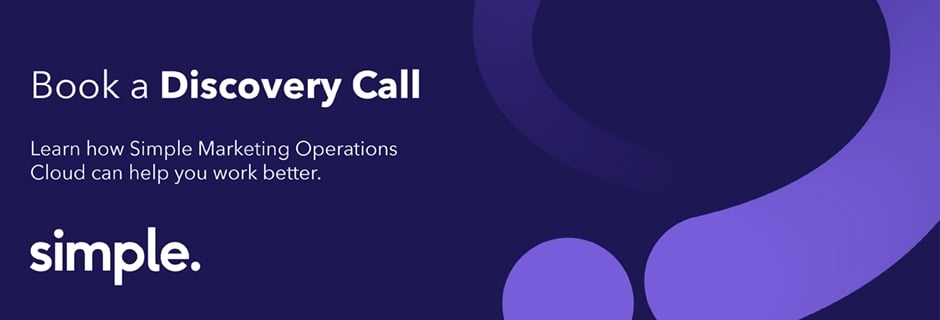
Why AI is Too Important to Leave to Data Scientists
By Jodie Byass
Marketers cannot leave data scientists to apply artificial intelligence to marketing data without themselves understanding how the technology works, or they risk misunderstanding their markets, customers and their motivations, a senior Microsoft executive has warned.
Ray Fleming, industry leader at Microsoft Australia and a former CMO at Capita, told Simple’s panel debate on the impact of disruptive technologies on marketing that the rapid rise and accessibility of artificial intelligence in the marketing industry was similar to the emergence of desktop publishing 40 years ago, and understanding how it works should be considered an essential skill.
“The problem I think we’ve got is you need a very different set of skills to succeed in the next generation compared with the current generation,” Fleming told an audience of marketing practitioners at the Delivering Value in a Disrupted Marketing World panel discussion hosted by Simple in Sydney.
“We need creativity, we need data ability, we need customer centricity,” Fleming said. “But the skill I think we’re missing is the ability to use AI in order to be able to achieve our results.”
Artificial intelligence – or the development of computer systems able to perform tasks normally requiring human intelligence, such as visual perception, speech recognition and decision-making – will be implemented by 85 per cent of CIOs by 2020, Gartner estimates.
But Fleming warned AI could not be left to data scientists alone.
“It feels like we’re in a data rich, insights-rich, ideas-rich world, but I do feel like we’re cognitively impaired,” he said.
“You can’t offload it to somebody else,” Fleming warned marketers. “Data scientists understand data but they don’t understand people, they don’t understand customers, they don’t understand the motivations. You need somebody that can understand all of those things as as well as the science of using the data.”
Fleming likened the emergence of both AI and desktop publishing to the impact of cars in the early 20th century.
“If you think about all organisations becoming digital [and] being data-led, the same kind of transformation was happening in NY in 1905 where half the food produced in the area was produced to feed the animals, not the people. One hundred thousand people in New York – their job was about looking after the horses. And within 20 years, that had all disappeared,” Fleming said.
“In 1905 they were worried about jobs being destroyed by the new technology. What happened by 1925 was look at all the new jobs that were created by the technology.
“I think we’re in that same kind of [cycle] and it impacts every aspect of business including marketing.”
He said the “good news” was that AI was becoming so easy to use that marketers didn’t need to understand algorithms but the general principles behind the science.
“In order to be an expert in desktop publishing you needed to be an expert in the old world of print. I had to go and learn about Ms and Ls and seraph fonts and sans-seraph fonts. But we don’t think about that today.
“I think we’re in that same stage at the moment with AI – we need the ability to use our data and have our systems make decisions with data so that we can get on with our job of being creative, building our segments, and all of those kinds of things.”
Fleming said while digital transformation was a hot topic in marketing and business, it was often applied to a single process at a time.
“There’s a real opportunity to transform it all the way through,” he said.
“We’ve got another wave of technology coming that’s going to fundamentally change our jobs,” Fleming said.
“How are you building the skills among your teams to be able to use the technology to help you get the insights you need?”
Read next: 4 Curious Anomalies in CMO Martech Spending

